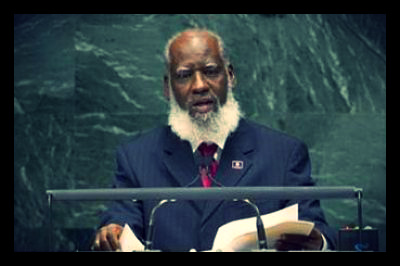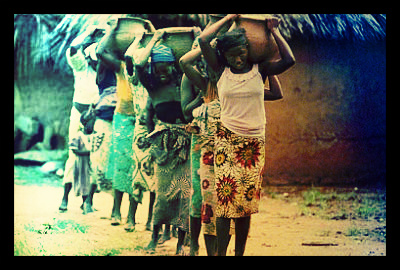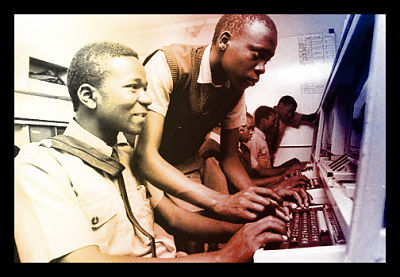A new movement of global leaders is urging the United Nations to include universal health coverage in the next round of goals for economic development, just as similar reforms are up for discussion in the United States. This United Nations statement, signed by 15 global civil society organizations, urges UN countries to include healthcare in post-Millennium Development Goals.
Health coverage rates in the United States are already significantly higher than those in most developing countries, where coverage is sometimes below 10 percent. Because of this, nearly a billion people worldwide are unable to obtain modern healthcare and 100 million people every year are forced into poverty by out-of-pocket expenses.
The above figures exemplify the growing need for universal health coverage, which is constantly pushing people from all over the world into poverty. Without these expenses covered, it will be nearly impossible to end extreme poverty.
“Universal health coverage can bring the global health community together,” said Jeffrey D. Sachs, director of Columbia University’s Earth Institute and a special adviser to the United Nations Secretary General on the Millennium Development Goals. “UHC is where all diseases come together, all countries have primary health systems, all ages and all classes have care.”
With the current government shutdown in the United States over the Affordable Care Act, it is easy to see how monumental the issue of universal health coverage truly is. Perhaps the first step should be in the United States, and the next step, the entire global system. Health is a universal right, and in working towards a poverty-free future, it is undoubtedly the place to begin.
– Sonia Aviv
Sources: all Africa, New York Times, PawNation
Photo: Sunday Times UK








